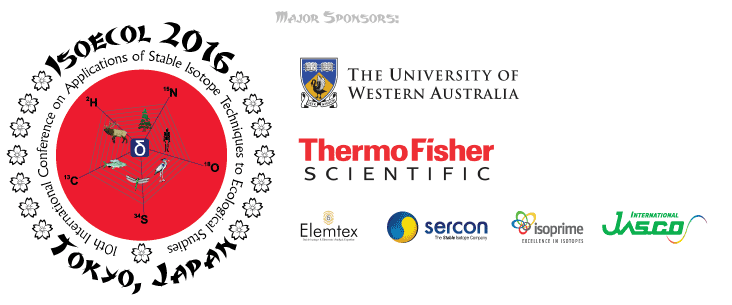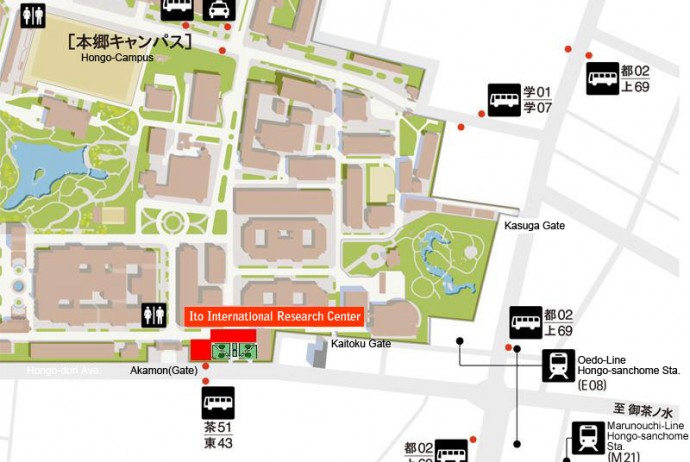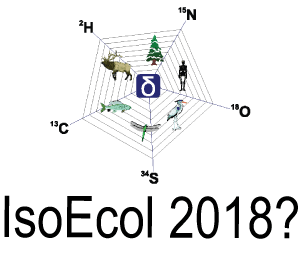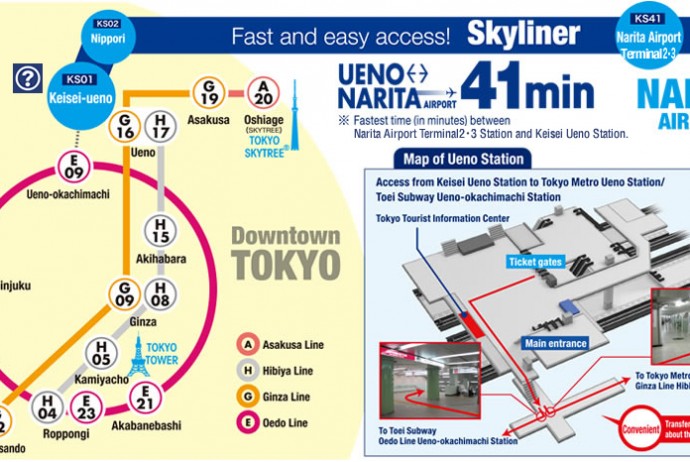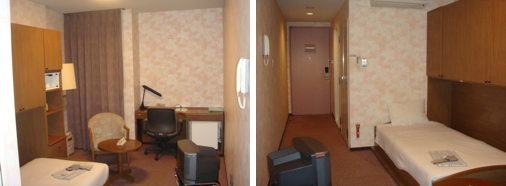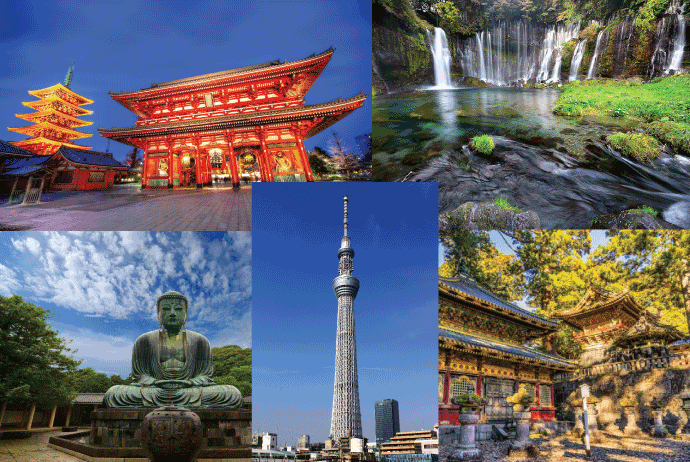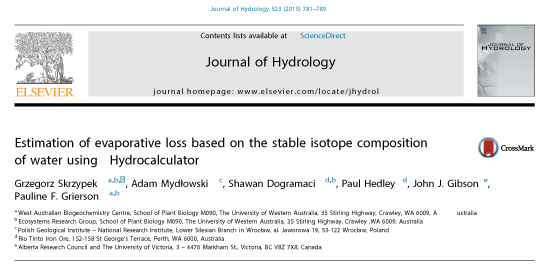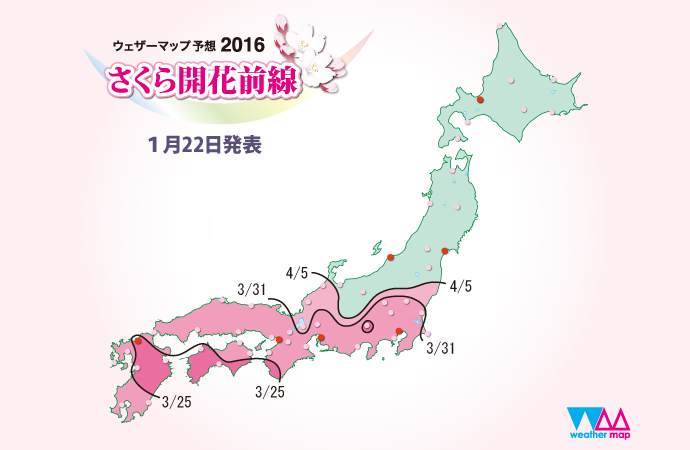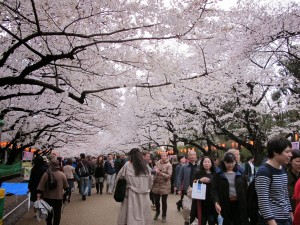Thank you to all attendees of IsoEcol 2016 for a range of excellent presentations and a week of engaging discussions.
We would like to extend our congratulations to the Student Prize winners below, as well as all student presenters for maintaining a very high standard throughout the conference. The high standard made it very difficult for our panel of judges, with scores so close that the poster prize was taken out by joint winners.
 Oral Prize (Winner)
Oral Prize (Winner)
Danny Sheath, Bournemouth University
“Quantifying the trophic consequences of parasitism through the application of stable isotope metrics and mixing model”
Oral Prize (Runner-up)
Laura Skates, The University of Western Australia
“Just how carnivorous are carnivorous plants? Investigating the dependence of carnivorous plants on heterotrophic nutrition using stable isotope techniques”
Poster Prize (Joint Winner)
Christopher Bird, University of Southampton
“Habitat dependent differences in resource use within shark populations on a global scale”
Poster Prize (Joint Winner)
George Foot, Cambridge University
“Liverwort-Fungal Associations: Novel Symbioses in Polar Regions?”
Congratulations and thanks again to all presenters.
